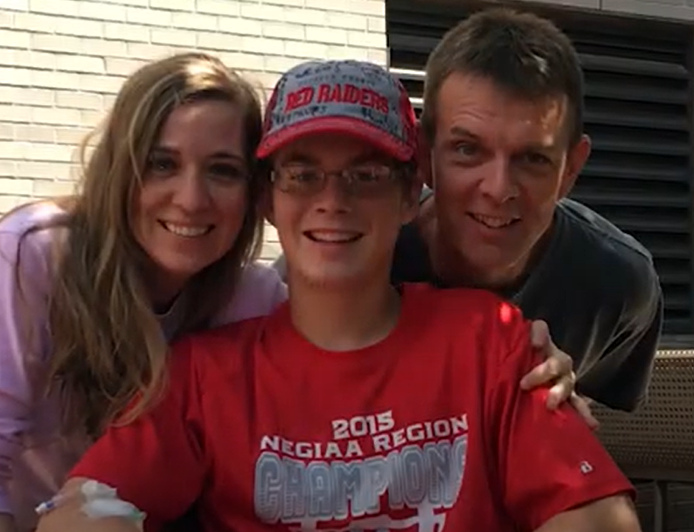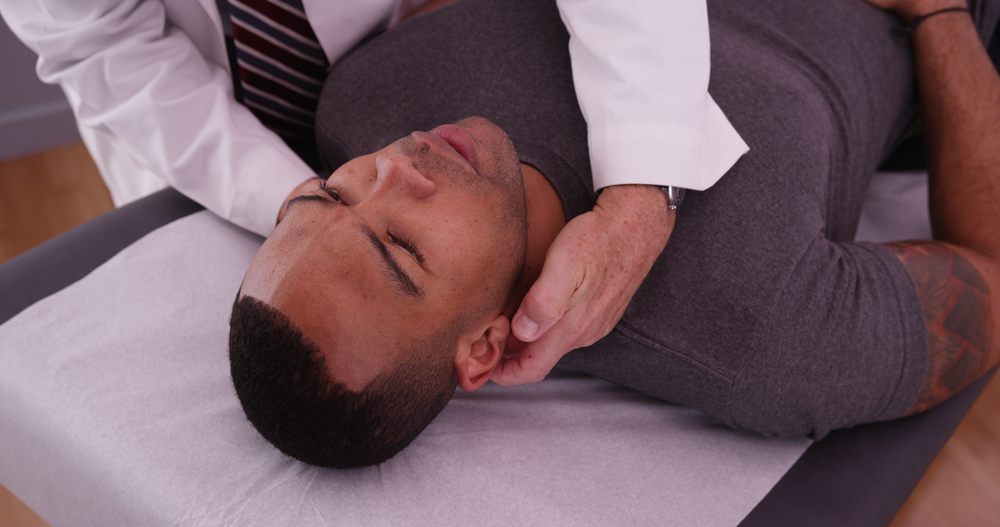Concussion Clinics
To ensure you receive the best care, it’s important to do your research before selecting a concussion clinic.

Concussion Guidebook
for Patients and Caregivers
If you or a loved one recently experienced a concussion, or have lingering concussion symptoms, our Concussion Guidebook for Patients & Caregivers provides practical information and resources to help you on the journey to recovery.
This essential guidebook is packed with resources to help you navigate the complexities and nuances of concussion recovery.
Complete the form to access more than 80 pages of practical information and resources that you can download and return to whenever needed.
"*" indicates required fields

If you’d like free, personalized support in finding the right concussion clinic for you, please reach out to the CLF HelpLine today.
To date, the CLF HelpLine has provided vetted medical recommendations, expert resources, and innovative peer support to more than 6,000 families. Our team can help reduce the stress that can come with searching for the best concussion care.
Choosing a concussion clinic:
What you need to know
To ensure you receive the best care, it’s important to do your research before selecting a concussion clinic. We’ve developed a five-part framework to help you choose a concussion clinic that will meet your needs.





There’s no substitute for experience. A doctor who primarily sees concussion patients will be more familiar with the complexities of concussion recovery than a general practitioner. It’s important for your long-term health to avoid missteps in the recovery process.
For your initial evaluation, and to lead your care team, we recommend choosing a doctoral level clinician such as an MD, DO, or a relevant PhD. Your care team may grow to include multiple specialties and providers along the way.
A concussion is a complex injury, and your treatment could require multiple specialists. Look for a clinic that employs neurologists, psychiatrists, neuropsychologists, psychologists, physical and occupational therapists, athletic trainers, and others who may have beneficial experience.
Resources for concussion patients continue to expand, but there’s a learning curve. It’s important to consider that practitioners at new clinics may be less experienced than specialists at established clinics.
Many elite concussion clinics are affiliated with hospitals or universities. In most cases, they’ll have access to more treatment resources than an independent clinic and personnel not otherwise available to those who operate on their own.
What to expect before visiting a
concussion clinic
It can be intimidating to search for specialized care, and it’s common to feel overwhelmed or anxious. Knowing what to expect can alleviate some of the stress and provide you with a greater sense of comfort with the process.



Your concussion history is one of the first things your doctor will ask about, and being prepared will help you get on the road to recovery as soon as possible. This includes asking about concussive events, previous treatment, post-concussion activities, and more to create the best possible treatment plan for you.
When preparing your concussion history, start with these four markers:
- Communicate your history of diagnosed concussions
- Document the severity of your concussions
- Organize the timeline of events, especially for multiple concussions
- Consider undiagnosed concussions because they may influence care
An experienced concussion clinic will work with you to create a treatment plan that is customized to your needs. This plan will extend into long-term interventions as well as strategies for short-term relief.
Providers at a reliable and trustworthy concussion clinic will have access to additional recovery resources and educational materials to help you or your loved one navigate a concussion or persistent post-concussion symptoms (PPCS), also known as Post-Concussion Syndrome (PCS).